Belt conveyors are essential equipment in various industries, facilitating the efficient movement of materials within a facility or between different locations. These conveyors consist of a continuous loop of material (the conveyor belt) stretched between two or more pulleys to transport goods or materials.
Key Components:
- Conveyor Belt: Usually made of durable materials like rubber, PVC, or metal, conveyor belts carry items or materials from one point to another.
- Pulleys: The belt wraps around pulleys, typically powered by electric motors, driving the movement of the belt and facilitating material transport.
- Rollers or Idlers: Positioned along the conveyor route, these support the belt and help maintain its alignment as it moves.
Functionality:
- Material Transport: Belt conveyors efficiently transport various materials, including bulk goods, boxes, packages, or loose materials, horizontally, inclined, or even vertically.
Types of Belt Conveyors:
- Flat Belt Conveyors: Ideal for transporting regular or irregular-shaped objects on a flat surface.
- Trough Belt Conveyors: These have side walls to contain materials, suitable for transporting bulk materials or loose items.
- Incline or Decline Belt Conveyors: Designed to move materials up or down slopes, overcoming elevation changes.
- Slider Bed Conveyors: Utilize a smooth surface (slider bed) to reduce friction and allow for smoother transportation of items.
Applications:
- Manufacturing: Used extensively in production lines for assembly, packaging, and material handling.
- Mining and Quarrying: Transporting bulk materials like coal, ore, or aggregates.
- Warehousing and Distribution: Facilitating movement in logistics and distribution centers.
- Agriculture: Used for grain handling, crop transportation, and bulk material transfer.
Advantages:
- Efficiency: Belt conveyors offer efficient and continuous transportation, reducing manual handling and streamlining operations.
- Versatility: They can be adapted to various industries and material types, supporting diverse applications.
- Cost-Effectiveness: Efficient transportation reduces operational costs and boosts productivity.
Considerations:
- Maintenance: Regular maintenance is crucial for optimal performance and longevity of the conveyor system.
- Safety: Proper safety measures are essential to prevent accidents related to moving parts and material handling.
Belt conveyors play a pivotal role in material handling across industries, offering a versatile, efficient, and reliable solution for transporting various goods and materials within manufacturing, logistics, mining, and many other sectors.

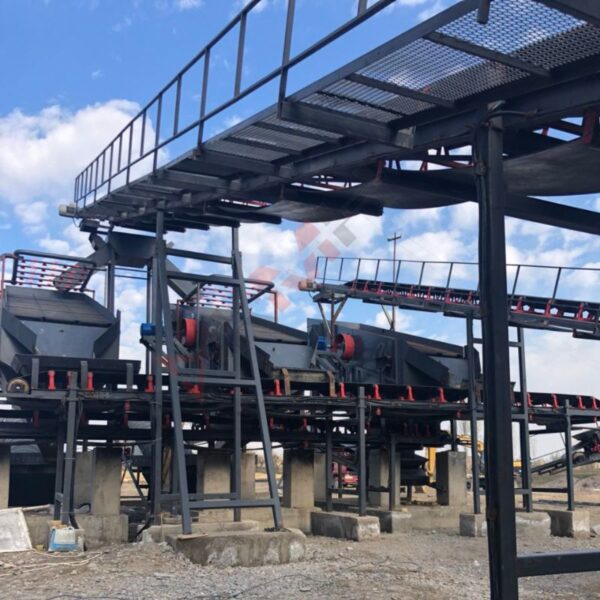
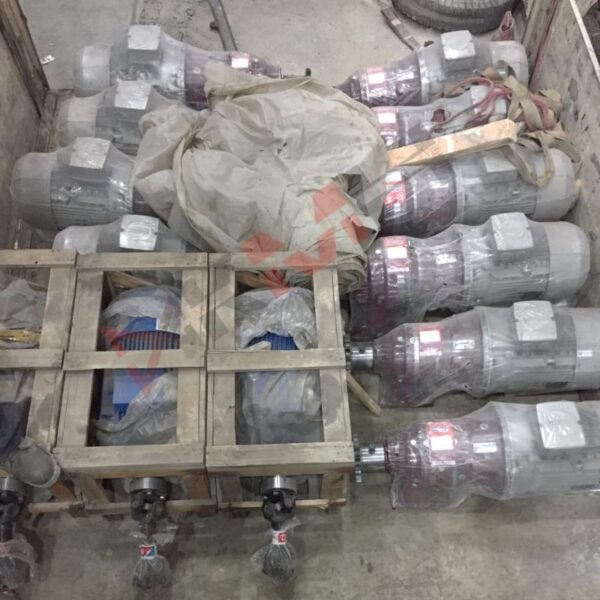
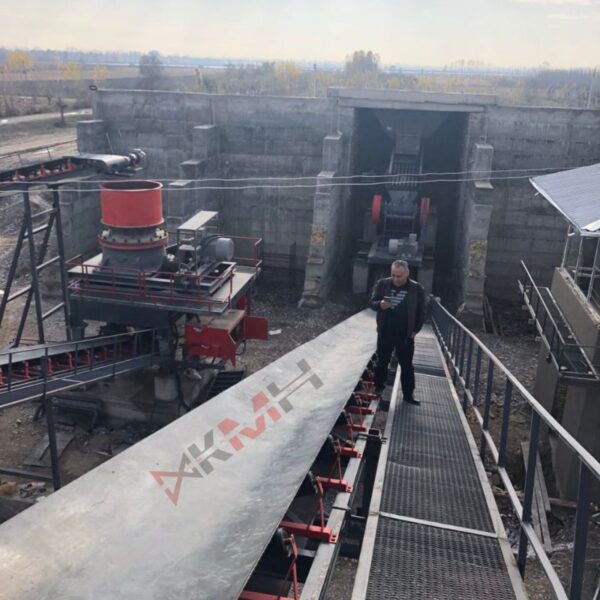
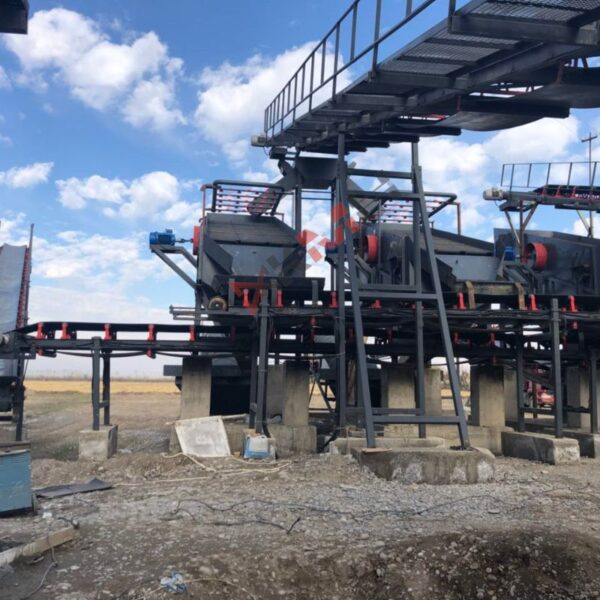
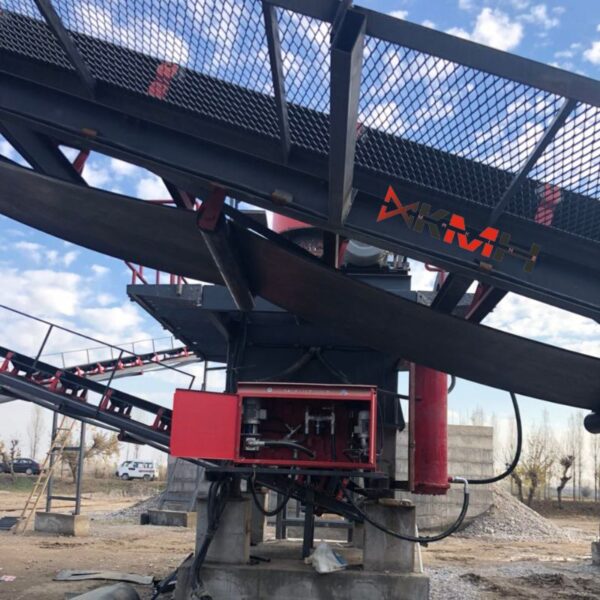
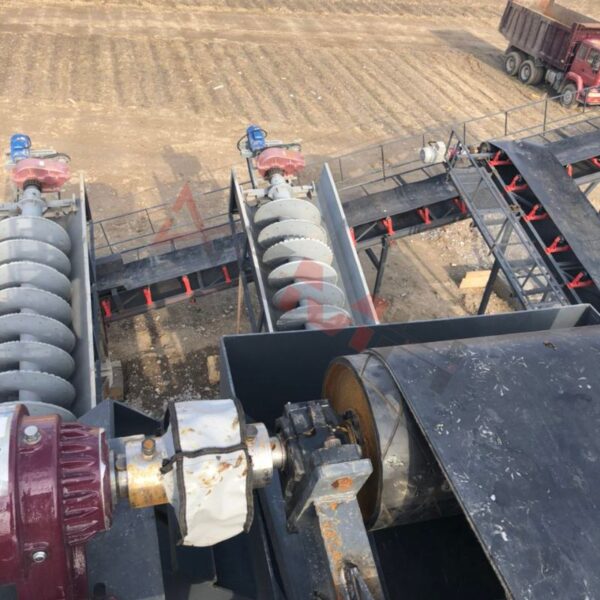
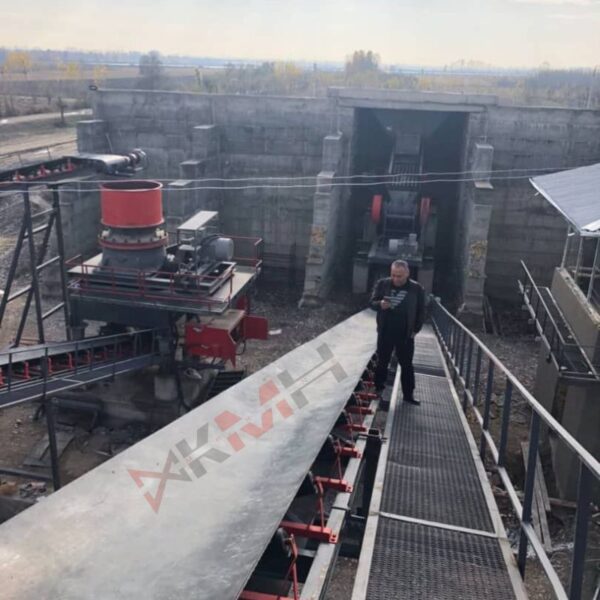
Reviews
There are no reviews yet.